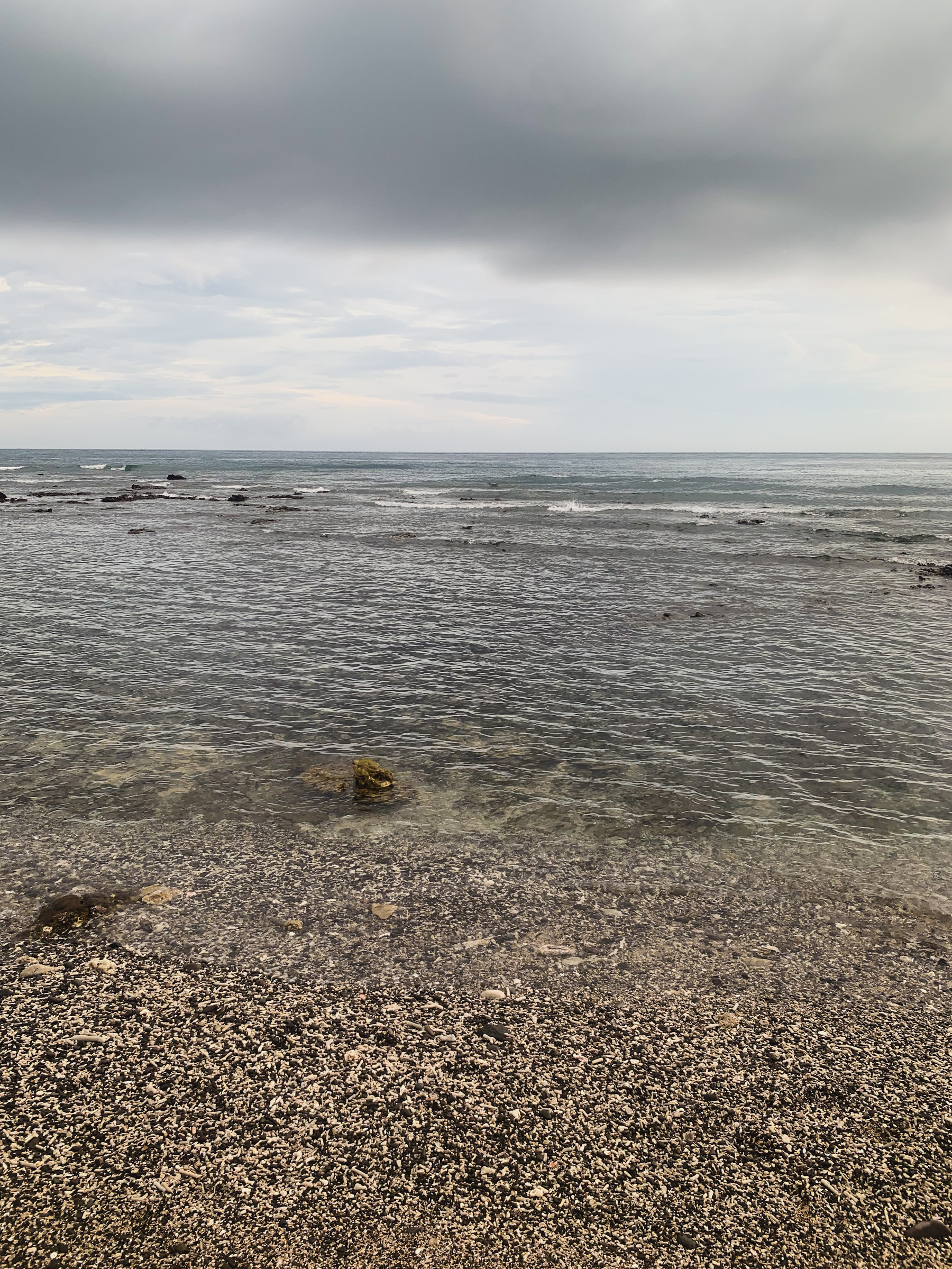Phaedrus: (as Lysias, cont.)
and further
how is it likely (a good idea) (eikos)
to give over such a deed (pragma)
to one having (echein)
such a mishap (sumphora)
// 231ξ
καίτοι πῶς εἰκός ἐστι τοιοῦτον πρᾶγμα προέσθαι τοιαύτην ἔχοντι συμφοράν
//
the implied “mishap” remains erotic love; the “deed” is never specified.
Phaedrus: (as Lysias, cont.)
and it’s clear
that if it seems good to those
they will reckon (poiein) these badly
/
and it’s clear
that if it seems good to those
they will treat (poiein) these badly
// 231ξ
καὶ δῆλον ὅτι ἐὰν ἐκείνοις δοκῇ καὶ τούτους κακῶς ποιήσουσιν
//
and chickpea
wings
of canny
vegan haggis
for tasty char-
coal catnip
and the heavenly
near-
march
sphere
of irrepressible spring
(of
2d
cold-
pressed)
potent-
ate
jostlewagging
//
should have been napping
doodle
fast miracle
i hold out my beggars bowl
you fill it with hunger
i feed the hunger into my body
whose organs translate hunger into love
o bodyparts
you know which parts
you know the whole
//
agarwood (aged 7 yrs)
Phaedrus: (as Lysias, cont.)
that however many
they may later love
they will make more of those
than of these
// 231ξ
ὅτι ὅσων ἂν ὕστερον ἐρασθῶσιν ἐκείνους αὐτῶν περὶ πλείονος ποιήσονται
//
cumin & chili
takjil classic
my mind is frantic
in the hour before sunset
when the annunciation pangs
i hunted double by the fangs of love
am drawn cold into the pit of hunger
so i pace your perimeter like a wolf
i trace the confines of my sensate cell
then burning captive as the passing sun
and growing tidal as the shadows long
now soon again is never times enough
i dont know what takes hold of me
when i press your body to the earth
when i am the salivating predator
as fingers ten my teeth and tongue
as sticky sweet your parted pliable
to taste the heart deferred
three medjool dates
//
🌓
Phaedrus: (as Lysias, cont.)
it is easy to know
if they speak the true
// 231ξ
ῥᾴδιον γνῶναι εἰ ἀληθῆ λέγουσιν
//
ἀληθής or alethes is usually translated as “true” but means literally unconcealed or unhidden (a - lethos “concealment”) —
if they speak (the) unhidden
the idea that what is true is what is unhidden is well-matched by Heraclitus fragment B123 —
φύσις κρύπτεσθαι φιλεῖ
nature loves to hide
which is another memorable triple-shot
//
ahistorical fast
you come to me with your fishing game
your hunger for hunger
i might bite
to stir the turmoil of that famous ocean
the subtle friction between his loves
our pretty little law
your holding vibrates like a plucked string
all beauties of the past
swallowed
//
whos a good
i heard a rumor about myself
from you or my long-lost
referential tendency
the scent just strange
like a far-flung purpose
with charred edges
remarkable love
mighty hobbler
good nature
//
ache
daikon & rice vinegar
& kopi & key lime pie
& something i don’t recognize
and everything else
ive eaten at iftar
and everybody laughing
at my stomach-ache
because they know
//
Phaedrus: (as Lysias, cont.)
and they are ready
by speeches and deeds
incurring the hatred of others
to please the beloved ones
// 231ξ
καὶ ἕτοιμοί εἰσι καὶ ἐκ τῶν λόγων καὶ ἐκ τῶν ἔργων τοῖς ἄλλοις ἀπεχθανόμενοι τοῖς ἐρωμένοις χαρίζεσθαι
//
black sesame milk

might //
Phaedrus: (as Lysias, cont.)
that they claim
they most love (philein)
those whom they love (eran)
// 231ξ
ὅτι τούτους μάλιστά φασιν φιλεῖν ὧν ἂν ἐρῶσιν
//
philos and eros
cacao and sea salt
or the dog
//
of the lovely maker and the might of Achilles
i think often of Achilles triple-shot
how he returned to the war before his armor was made
by Hephaestus of the golden-dragging foot
to his naked rage and slaughtered twelve with just his voice
then we are gifted some pretty face of a shield
and as all the seas daughters in threnody behind him
his myriad aunts and his mother verging on hysterical
its light-footed Vulcan tuning weather that i remember
and as amber waves of hair around her loomed fluvial
like civilization swashing blind into the bloodstorm
although material and form were mountainwork and metal
a cetacean iris was blooming around her tectonic teapot
//
rereading book 18 of Homer’s Iliad
Phaedrus: (as Lysias, cont.)
furthermore, if it is worthy
through this (eros and/or the following argument)
to make (poiein)
lovers (eran)
worth much
// 231β
ἔτι δὲ εἰ διὰ τοῦτο ἄξιον τοὺς ἐρῶντας περὶ πολλοῦ ποιεῖσθαι
//
hot fast & the slow burn
eat in the dark
shit quest
love fast
sleep like the sun
die like the day
dream of your almighty face
devouring
in darkness again
//
its sambal tomat
under nights black thread
and the rivermouth on fire
its filling but on isis time
so i haw and fret
to make counter time
for my ligatory chord
for my throwing bones
for the holy month
for otherwise
//
tempe & daun salam
//
🌒
Phaedrus: (as Lysias, cont.)
but to make or do (poiein)
zealously (prothumos)
whatever they suppose
will gratify them (charizomai)
when they have gone through with it (prassein)
// 231β
ἀλλ᾽ ἢ ποιεῖν προθύμως ὅτι ἂν αὐτοῖς οἴωνται πράξαντες χαριεῖσθαι
//
a snorkeling woman
now as the horizon evened and was empty-full
or would you say full-empty
about the shark tank that drew swimmers bled-
blue-traces racing orders round my head
for me the day would gently useless be
a yellowish sea turtle kind of day
and an exhale left me vast and near
down underneath my colder spine of fear
and as what you turned pearlescent grew
the violet dear and clearly breaking you
the cloud-gray whisper and the frothy wave
was toying with your tendered ankle bone
soft undulant sea-crinkled green
like the linen sheen across our fathers bed
as the tinfoil sun was flashing mean
against your pinking arms and shoulderblades
and as the quiet-crowded gloom below
accustomed stinging tears to witlessness
and the broken coral sharper needling
against your shins armorlessness
the looser webs of mer-light gyrating
grew grown inside and tidal-spectacled
and the massless intervening seemed
the famous nobody to prove you whole
what clever lover waiting down the stream
could hold your palace cool and fathoms deep
when the thunder-heading planet-threading way
of the underwater giant was floating
your skin the crizzling rainfall of red sugar
returned to birth a burnt and beautiful nude
and an undertowing current shaped
the lunar fasting of my stone-bone-home
it was just some local princess playing strange
along the undead continental shelf
an honored guest or angel amongst drowned ruins
the snowfall of those dropped and dropping teeth
and as the horizons blueing fuller loomed
like grief in visibility of itself
our rounding eyes were feasted futureless
and we grazed over the desolation of the reef
//

rhymes //
Phaedrus: (as Lysias, cont.)
so with such great evils
stripped away
// 231β
ὥστε περιῃρημένων τοσούτων κακῶν
//
come up to me
there lie the outsiders
who live outside
come up to me
and then close
the door
behind us
i know
not to tell you
everything
i know
immanent
riddlic
like
who sees
but is so rarely seen?
who is the one wounded
whose wounds
don’t show?
the humming
in the blood
says yes,
why not
a zebra print dining room
where no one
can eat
but us
all the questions
the curious one
won’t dare ask
you’d answer
anyway
perpetual
sun like
the japanese jazz scene
still
cool
drawn
to the unbright twilight
drawn
to shades
drawn
the gray supremacy
of fog
filtering out
the valley’s
noise
fool
me once
fool me forever
do the deed
then ditch the girl
and the storm winds
blew wild
//
🌑
//
Hyperverse is composed from fragments of other bloggers' work; follow links to read complete pieces. Praise belongs to all messengers of the heart.
